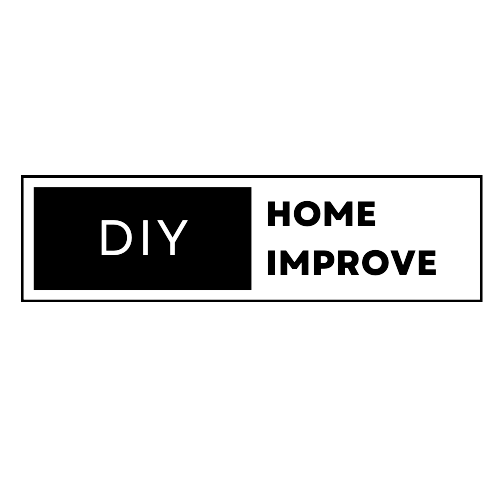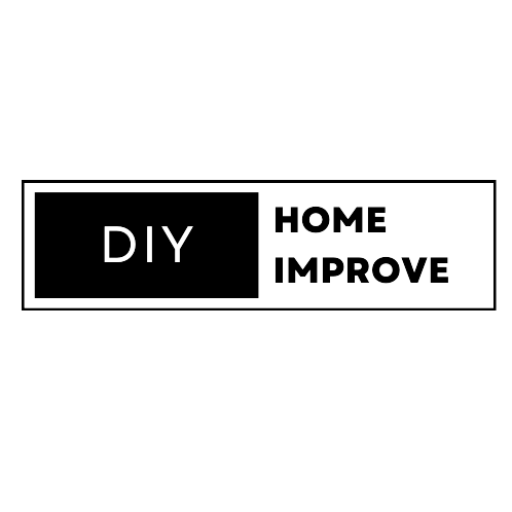If you own a home, it’s essential to be on the lookout for potential issues, including plumbing problems like slab leaks. Detecting a slab plumbing leak early can save you a lot of trouble and money down the road. In this guide, we’ll show you how to identify a slab plumbing leak in your home quickly and easily.
Understanding the Importance of Early Detection
Slab plumbing leaks occur when water pipes beneath your home’s concrete foundation develop cracks or holes.
If you don’t find them early, slab leaks can lead to serious problems. They can make your foundation weaker, cause mold to grow, and make your water bills go up. So, finding them early is really important.
Signs and Symptoms of Slab Plumbing Leaks
To spot a slab plumbing leak, be on the lookout for the following signs:
- Unexplained Water Bills: A sudden increase in your water bill without a corresponding increase in water usage is a red flag.
- Low Water Pressure: If your faucets and showers have weaker water pressure, it might indicate a leak.
- Water Pooling: Puddles or damp areas on your floors, particularly in the basement, can be a sign of a slab leak.
- Cracks in Walls or Floors: New cracks in your walls or floors, especially in areas near your plumbing, should raise suspicion.
- Mold or Mildew: The presence of mold or mildew without an apparent cause can indicate excess moisture from a leak.
Where to Start: Initial Inspection
If you notice any of these signs, start by turning off all water-using appliances in your home. Then, check your water meter. If it’s still running, it’s a clear sign of a leak.
Utilizing Technology for Detection
You can use technology to your advantage. Consider using a water leak detection device or a thermal imaging camera. These tools can help pinpoint the location of the leak.
DIY Leak Detection Techniques
If you like doing things yourself, try these simple checks. Listen for water running when you’re not using any faucets or appliances. Feel the floor for warm spots with your hand or use a moisture meter if you have one.
When to Call in a Professional
If you’re unable to locate the leak or if it’s a substantial problem, it’s best to call a professional plumber. They have the expertise and equipment to identify and repair slab plumbing leaks efficiently.
The Consequences of Ignoring a Slab Plumbing Leak
Ignoring a slab leak can lead to costly repairs and extensive damage to your home. It’s essential to address the issue promptly.
Preventive Measures to Safeguard Your Home
Once you’ve resolved the slab leak, consider taking preventive measures like installing a water softener, maintaining your plumbing system, and insulating your pipes to reduce the risk of future leaks.
Budgeting for Slab Leak Repairs
Repairing a slab plumbing leak can be expensive, so make sure to budget for it accordingly. Consider consulting with a few plumbers to get quotes and choose the best option for your budget.
Conclusion: Taking Action to Protect Your Home
Identifying a slab plumbing leak early can save you from major headaches and expenses. Stay vigilant for the signs and symptoms, and don’t hesitate to seek professional help when needed. With proper maintenance and quick action, you can safeguard your home from the damaging effects of slab leaks.




